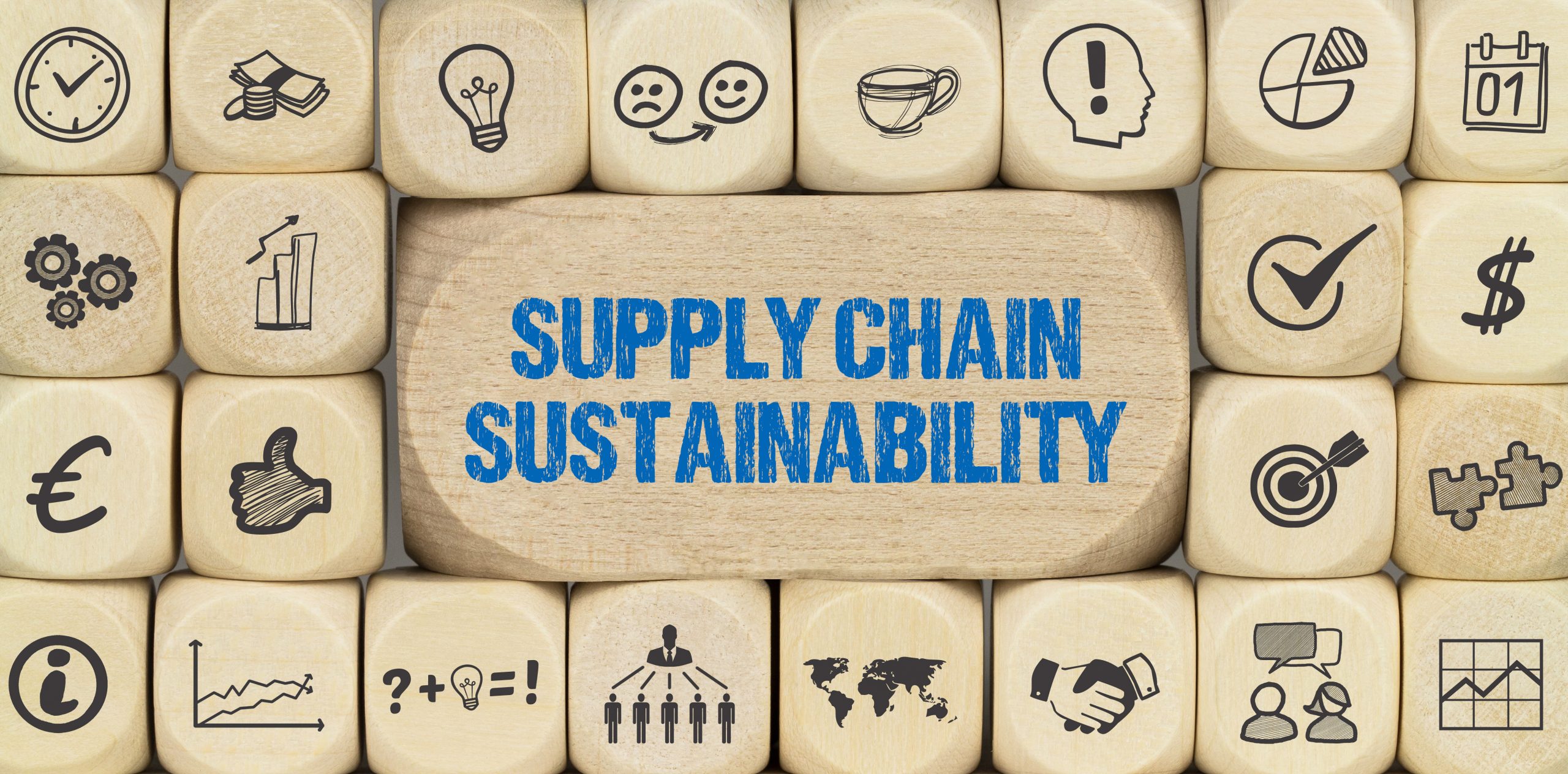
- By Sarah
- 0 comments

The EU legislation for companies to avoid human rights violations is overdue. Until today multinational companies have failed to stop forced & child labour, deforestation, pollution, land grabbing, and corruption in their chains.
On 10 March 2021, the European Parliament approved an outline proposal for the EU Directive on Mandatory Human Rights, Environmental and Good Governance Due Diligence. According to a EU Commission study, only 37% of business respondents currently conduct environmental and human rights due diligence.
Recently, more than 100 companies signed a statement laying down a number of concerns over the repeated delay in tabling the legislation, especially as voluntary approaches to sustainable corporate governance were insufficient, and there was a need for legal consequences to assist those harmed by European companies.
The draft bill provides recommendations of obliged parties. However, the signatories think that it should apply to all businesses in the EU market and to their whole value chain.
In the briefing by the EP Human Rights Subcommittee (DROI) of the European Union as of June 2020 and the EU Directive on Mandatory Human Rights, Environmental and Good Governance Due Diligence, the main obligations of companies are described as follows:
a) Undertake periodic monitoring to address inter alia their business’ structure, activities, actual and potential human rights risks and impacts, complaints received, and effectiveness of remediation.
b) Conduct risk based Due Diligence on suppliers and subcontractors and make relevant information accessible to the public.
c) Determine risks regularly in relation to the likelihood and severity of adverse impacts. The more likely and severe the impacts, the more regularly the verification of compliance should be carried out.
d) Establish a confidential and anonymous alert/complaint mechanism open to workers and third parties.
e) Monitor and report on the operation of alert/complaint mechanisms.
f) Adequately involve stakeholders, including workers, in the design and operation of monitoring arrangements under the due diligence process.
g) Periodically disclose information on company monitoring and its outcomes; and publish this, in a standardised format, based on an adequate reporting framework, using appropriately prominent and accessible media (e.g. homepage).
h) Secure board-level approval for monitoring schemes and reports.
Highlights that comprehensive transparency requirements are a crucial element of legislation on mandatory due diligence; notes that enhanced information and transparency give suppliers and manufacturers better control and understanding of their supply chains and improve public confidence in production.
Violations of or adverse impacts on human rights and social, environmental and climate standards by undertakings can be the result of their own activities or of those of their business relationships, in particular suppliers, sub-contractors and investee undertakings. In order to be effective, undertakings’ due diligence obligations should encompass the entire value chain, while taking a risk-based approach and setting up a prioritization strategy on the basis of Principle 17 of the UN Guiding Principles. However, tracing all undertakings intervening in the value chain can be difficult.
The future due diligence legislation should focus on digital solutions to minimise bureaucratic burdens and improving traceability in global supply chains.
With blockchain technology, that allow all data to be traced, the goals could be achieved with reduced administrative costs and avoidance of redundancies for undertakings performing due diligence.
Read more about blockchain for supply chain in our next blog. Subscribe here to be updated on the latest news, webinars and white paper.
DISS-CO® is an innovative legal tech company with a strong focus on eGRC and RegTech. Built by investigators experienced in detecting fraud and other violations in various sectors.
| Cookie | Duration | Description |
|---|---|---|
| cookielawinfo-checkbox-analytics | 11 months | This cookie is set by GDPR Cookie Consent plugin. The cookie is used to store the user consent for the cookies in the category "Analytics". |
| cookielawinfo-checkbox-functional | 11 months | The cookie is set by GDPR cookie consent to record the user consent for the cookies in the category "Functional". |
| cookielawinfo-checkbox-necessary | 11 months | This cookie is set by GDPR Cookie Consent plugin. The cookies is used to store the user consent for the cookies in the category "Necessary". |
| cookielawinfo-checkbox-others | 11 months | This cookie is set by GDPR Cookie Consent plugin. The cookie is used to store the user consent for the cookies in the category "Other. |
| cookielawinfo-checkbox-performance | 11 months | This cookie is set by GDPR Cookie Consent plugin. The cookie is used to store the user consent for the cookies in the category "Performance". |
| viewed_cookie_policy | 11 months | The cookie is set by the GDPR Cookie Consent plugin and is used to store whether or not user has consented to the use of cookies. It does not store any personal data. |